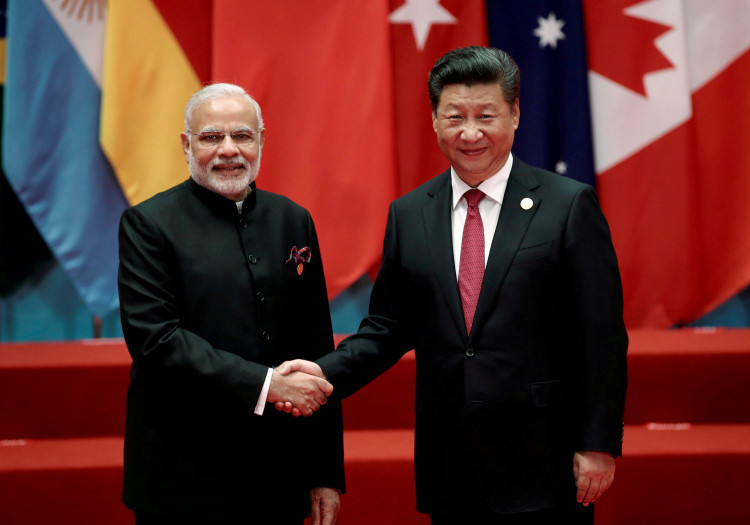Chinese President Xi Jinping and Indian Prime Minister Narendra Modi held talks over the weekend in India's Chennai in a bid to improve the trade and friendly relations between the two countries.
According to Xinhua, both leaders agreed that the two sides should seek to enhance trade and bilateral relations for the benefit of the two countries. Xi came to Chennai bearing proposals on how the countries can strengthen their ties.
Many economic and political experts noted that the meeting between Xi and Modi bore a significant message to other countries around the world. It is worth noting that China and India aren't necessarily the best of friends.
Despite the apparent differences in views and policies, the two leaders had one thing to agree on: that China and India should not allow these differences to have a negative or massive impact on the cooperative plans the two have laid out.
Next year marks the 70th year of diplomatic relations between China and India and Xi said the two sides should successfully celebrate the milestone by improving people-to-people exchanges.
Modi also took a similar stance when it was his time to speak up during the meeting. He said while there are challenges ahead for the China-India cooperation, his country is willing to strengthen its collaborative activities with its neighbor country.
The meeting between Xi and Modi was largely informal, however, the two leaders made it clear that the discussions were focused on one thing: to reaffirm the willingness of the two countries in terms of expanding bilateral relations in a modest way.
Modi initiated what experts now call "informal summits" and for Xi, these talks are a good thing. The Chinese chief said meeting without predetermined agendas was a creative way of building "new momentum and trust," RT News reported.
China and India are considered the two Asian superpowers and some analysts initially predicted that the rise of the two powers could put their relations at risk. However, both Xi and Modi have been firm over the past years in protecting ties and preserving cooperation despite the differences in opinions over some economic matters.
Political and economic experts pointed out that while there are still some loopholes that drive a wedge in the relations of the two Asian superpowers, it appears that the leaders have opted to "agree to disagree" at this point.
At this point, China and India appear to be more focused on improving relations rather than tackling subjects or topics that they are sensitive to. The direct neighbors are seeking peace at a time when trade wars are rampant and misleading comments are unnecessary, experts said.





